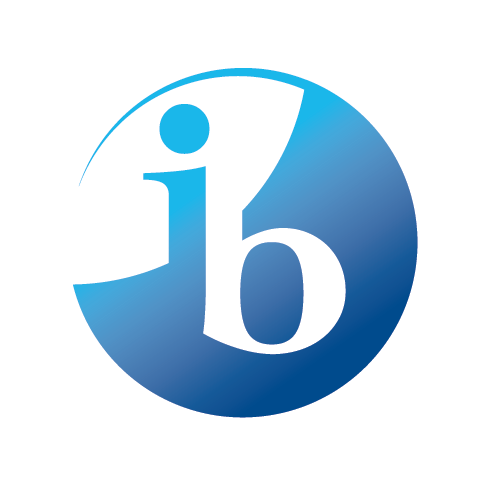Academic Honesty Policy
Lesher students are expected to be • inquirers • principled • thinkers. Academic honesty connects with the IB learner profile and Lesher’s mission statement which links to students’ developing competencies in self-management, research, thinking, and communication.
Students are flooded with shared information and shared opinions, making the concept of intellectual property difficult to understand. The key is to guide them in building an understanding of how and when to reference other people’s work, giving explicit credit to the original source.
The goal of the academic honesty policy is to provide skills and knowledge for students to become lifelong learners acting with integrity in all aspects of life: school, work, and play.
Read the full Academic Honesty Policy here.
Assessment Policy
Lesher Middle School strives to become a world class International Baccalaureate school; one in which all students leave our care as confident, inquisitive, creative, and self-motivated learners who use critical thinking skills and an expanded understanding of their world to become globally competitive and productive members of society. Engaged in the local community, yet culturally connected to the world, Lesher Middle School students are reflective, and are able to assess and appreciate divergent points of view.
Read the full Assessment Policy here.
Inclusion/Special Educational Needs Policy
We (the collective students, staff, parents, and administrators of PSD IB Schools) as IB learners believe that all of our students are distinctive with needs and strengths that require attention to foster the attributes of the IB learner profile. Our programs provide multiple opportunities to meet the individual needs and varied learning styles of our students. We strive to serve the unique needs of all students, including those identified with special needs (special education and gifted and talented), so that each learner will meet or exceed their academic and non-academic potential. By striving to recognize and celebrate the diversity of our collective learning community, we support the development of internationally minded people.
Read the full Inclusion/Special Needs Policy here.
Language Policy
The PSD Language Policy assists MYP schools in developing students to become strong communicators in a globally connected world. Students are encouraged to communicate in a variety of ways with confidence and creativity. Through language instruction in all content areas, students gain a greater understanding of self-expression, intercultural awareness, different perspectives, and inquiry. Each of the partnership sites have taken measures to ensure that teaching staff have the appropriate training, tools and support to ensure the fidelity of this policy across all sites and across all five years of the programme.
Read the full Language Policy here.




